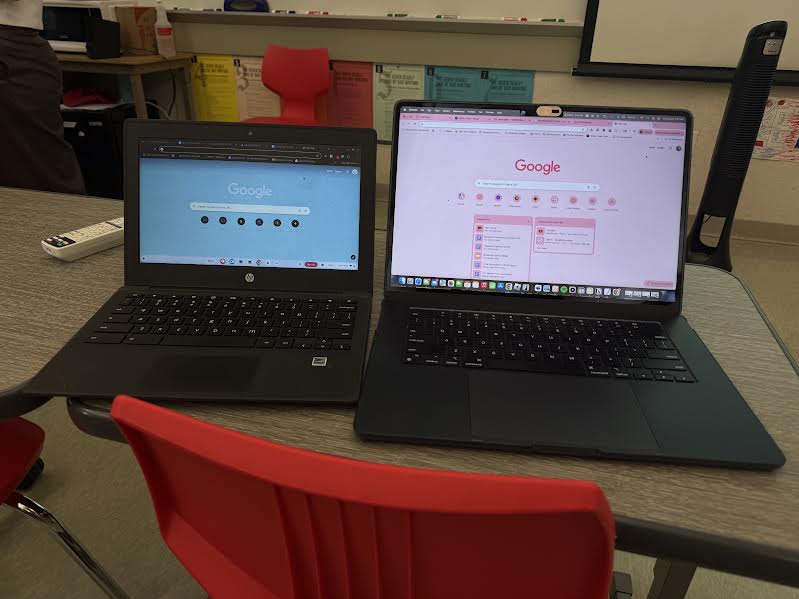Weekdays make up 260 days of the year, and by the time the average person is 30, they will have spent 18.6% of their lifetime at work and school. It’s easy to dismiss weekdays as necessary evils; however, what many Americans don’t consider is that how you spend your day is how you spend your life.
Liking your coworkers and peers, loving where you live, and enjoying what you do are often seen as privileges, higher up on the hierarchy of needs than money and sustenance. In a world where students and employees live for the weekend, we lose touch with the value of the everyday. As days get busier and longer, it can feel as if we’ve run out of time to spend on our passions. It takes a conscious effort to set aside time to read, create, exercise, explore, or build.
So what makes a weekend so good? On weekends we can sleep in, have free time, and have plans with family and friends to look forward to. The issue is not the weekend being good (it is actually objectively better), it’s that weekdays are seen as bad in comparison. Some ways to bring the joy of the weekend into our daily lives are starting the day early, breaking up the daily routine, and simply finding ways to enjoy the work day by enjoying small pleasures.
Often, the hardest part of doing what we love on a weekday is simply starting. With the average American leaving for work between 7:00 and 7:30 A.M. and returning between 5:30 and 6:30, time with family, friends, and in the outdoors is pushed to the early morning and evening. Rising and shining for an early morning workout or heading out early to work is worthwhile and rewarding, but difficult to maintain. When the alarm rings at 5:30, what makes you decide to listen?
The harsh reality is that life requires paychecks and paychecks require labor, and it’s tough to achieve balance when money isn’t already accounted for. But even when they’re ground down by the routine, it’s possible for people to enjoy work by shifting their perspective. Reaching out to coworkers, immersing yourself into working with your hands, and trying new approaches to the same old thing can allow people to find joy in even repetitive daily tasks. Just because you have to do something, doesn’t mean it has to be miserable. Mood is controlled by perception and mindset, which are in our control.
It’s easy to lose ourselves in the routine. The routine is comfort. The routine is reliable and fail-proof. But breaking up the routine and finding novelty takes us off autopilot. Doing things like trying a new cafe before work, listening to new music or podcasts on commutes, and sitting in a new seat in class are all ways to break up the daily routine.
From first hand experience, I feel like this issue is especially prevalent among high school students. This matters because many students drag themselves through the week, exhausted, living on autopilot, and not trying to get the most out of every day. There is a culture in high school where students hate going to school and even on Monday, at the start of the week, they already can’t wait for Friday. I believe that this negative culture of living for the weekends starts in school and stays with us into our adult lives.
We often rush through our morning routines, agonize at traffic jams, detach ourselves from our work, and at the end of the day, come home to our families exhausted and depleted. And after all of this, we turn to our phones or other devices for an escape even in the comfort of our own homes. We wake up in the morning, dread going to work, wish we had more time in bed, with our kids, with our husbands and wives and parents. Even though we try to make the best of our work day, how many of us truly want to be there? All of this chips away at our mental energy, making us more anxious, more sad, and more unhappy with our current phase of life than is necessary.
I believe that everyone deserves to enjoy their daily routine, even if they are working their ass off, even if they have young kids, even if it seems like work is just a gateway to a paycheck. I believe that even in the absence of free time, it’s possible to not just live for the weekend, but the little things. Though the solution looks different for everyone, I believe it’s invaluable to figure out our approach to the rat race—starting as a student and continuing into a career.
I believe that this culture of living for the weekend is poisoning our outlook, and fostering pessimism and burnout in our youth and our working class. I believe that weekdays are undervalued and dismissed as chores which results in wasted potential and negative outlooks on our weeks, and that if this changes, we will be more creative, more productive, happier, and better people to be around.








































Christy • Feb 26, 2024 at 1:56 pm
I enjoyed reading this piece. I think it’s important to continually consider work/life or school/life balance in today’s society, especially with the dominance of technology and media that is at one’s fingertips that can have a negative impact on one’s psyche. My job requires me to be online a lot and I have to constantly be conscious of setting boundaries. For older folks that did not grow up with Internet, the idea of having all the information at your fingertips can be addicting to constantly look up!
The best memories are ones lived in real life and often the small moments are the ones that can really stick with you over time. Creating commitments to yourself even when you want to (or think) you should grind through work is just as important as ensuring you put your best foot forward in an academic or a professional setting.